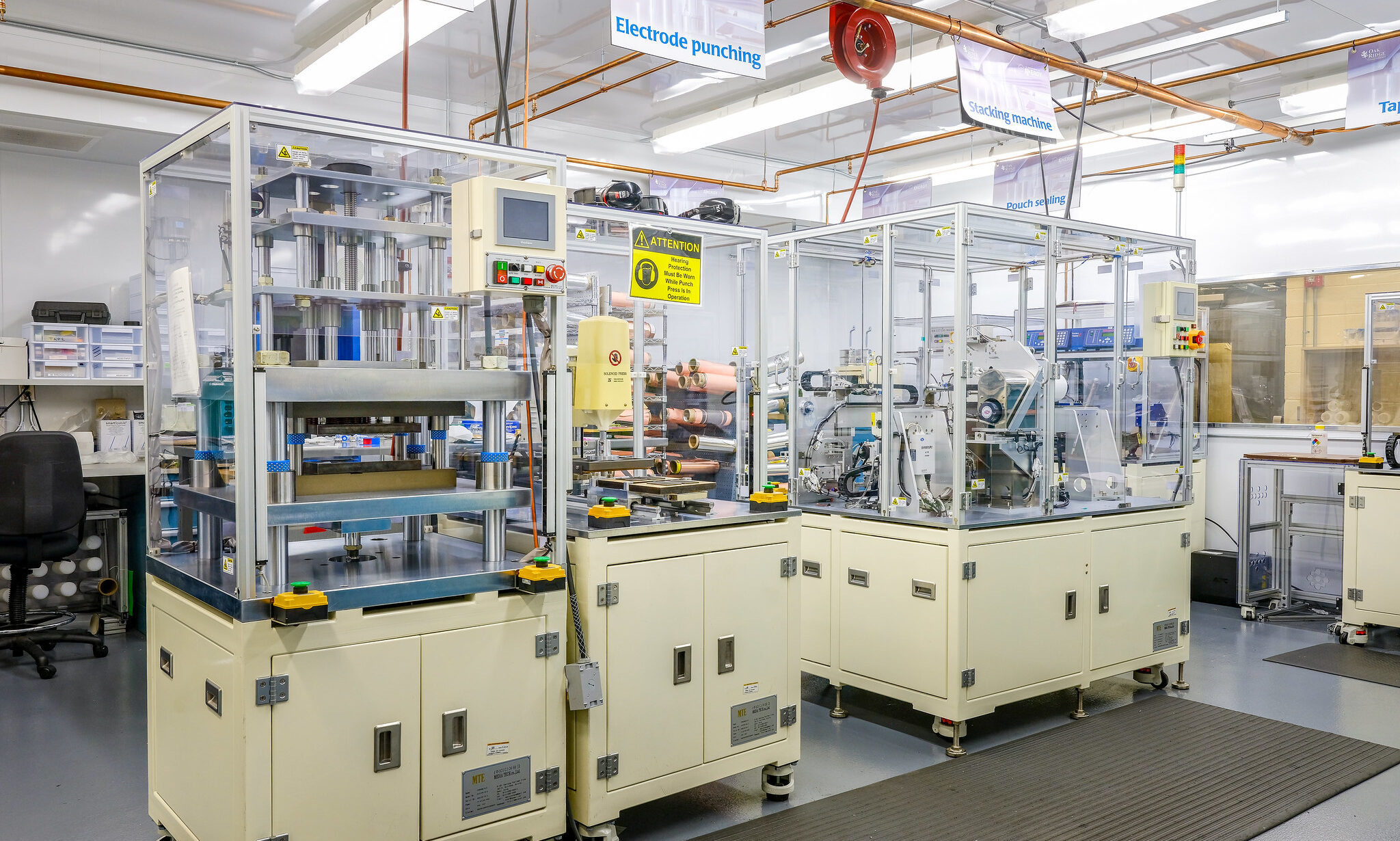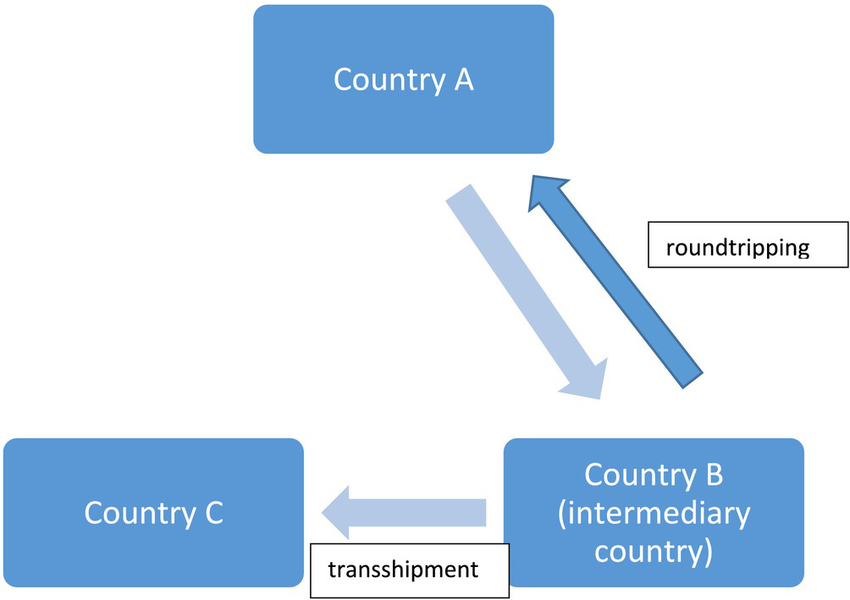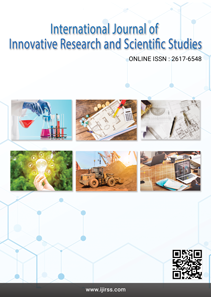The International Hour is a webinar series organised by the RSA’s international community and networks. The series presents latest regional/urban research, developments and policies from around the world and offers a platform for discussion and exchange of ideas.
The webinars are free to attend and open to all. Recordings of previous sessions will be made available in the RSA Lounge.
Forthcoming Session
Hungary: Inequalities in Knowledge Production and Challenges of Participation in International Research Collaborations in Central and Eastern Europe and Beyond, 6th March 2024
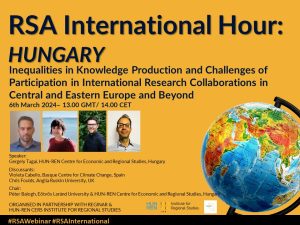
Different EU programmes have initiated and financed a multitude of international research collaborations in the past decades, which generated fruitful co-operations between different partners across Europe but also contributed to the reproduction of European inequalities of knowledge production by sustaining differences in positions and roles of participants in collaboration networks, especially in an East–West dimension.
During the session, the following topics will be discussed:
- Understanding the inequalities of knowledge production faced and the challenges of participation in international research collaborations from the viewpoint of an ’Eastern’ member state of the EU.
- Besides the Central and Eastern European view, providing insights on challenges in international research perceived from other (Southern and Western) parts of Europe
- Assessing different angles of fragmentation of the European Research Area (and not just geographic ones), with special regard to disciplinary issues from the aspect of social sciences.
Speaker: Gergely Tagai, HUN-REN Centre for Economic and Regional Studies, Hungary
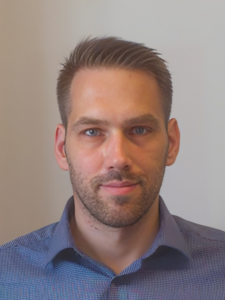
Gergely Tagai is a Human Geographer with a research interest in regional studies. He is a research fellow at the HUN-REN Centre for Economic and Regional Studies. His works are related to peripheralisation, demographic challenges and socio-spatial inequalities at national and EU levels. He has expertise in using quantitative methods, GIS, and theorisation of space. His current research focus is studying inequalities in scientific knowledge production in Europe by analysing the challenges of participating in international research collaboration networks.
Discussant: Violeta Cabello, Basque Centre for Climate Change, Spain
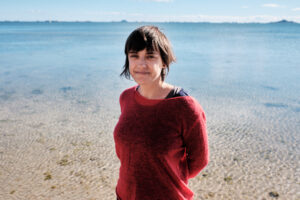
Violeta Cabello is a Social Environmental Scientist at the Basque Centre for Climate Change. Her research interests are currently focussed on knowledge co-production and water conflicts in Spanish arid lands. As part of SSH Centre, she co-chaired a workshop on Southern Voices on European Southern Voices on Research Geographies aimed at gathering views on the challenges and needs of Southern Europe researchers working on climate, energy and mobility research.
Discussant: Chris Foulds, Anglia Ruskin University, United Kingdom

Chris is an interdisciplinary Environmental Social Scientist, who uses the critical Social Sciences to explore policy and governance interventions for sustainability. He has extensive experience in coordinating large-scale Horizon2020 and Horizon EU projects on the possibilities of Social Sciences and Humanities insights in relation to European Green Deal ambitions.
Chair: Péter Balogh, Eötvös Loránd University, HUN-REN Centre for Economic and Regional Studies, Hungary

Péter holds a PhD in Human Geography from Stockholm University. He is now an Assistant professor at Eötvös Loránd University and a part-time Research Fellow at HUN-REN KRTK, Institute for Regional Studies. His research revolves around the links between space, ideology, as well as ideology politics. More specifically, Péter has been studying borderlands and geopolitical narratives in Hungary and elsewhere.
13.00 GMT / 14.00 CET
The discussion is supported by the results of SSH CENTRE Horizon EU research project, aiming at supporting the better representation of SSH research from across Europe, especially with the participation of CEE and SE countries, thus besides challenges raised, potential ways forward to cope with them will also be discussed.
Organised in partnership with the Reginar webinar series of HUN-REN KRTK Institute for Regional Studies https://www.facebook.com/ReginarTheWebinar/



